Vietnam: What is the sample analysis of the poem "Ngày xuân" by poet Anh Tho for 9th-grade students? What are the 04 assessment levels of training results of 9th-grade students in the entire school year?
What is the sample analysis of the poem "Ngày xuân" by poet Anh Tho for 9th-grade students in Vietnam?
The poem "Ngày xuân" by the poet Anh Tho is a poetic depiction of spring, rich in the beauty of the Vietnamese countryside. Analyzing the poem "Ngày xuân" helps us to appreciate the fresh and gentle natural scenery of spring, as well as the author's keen perspective and sensitive soul.
Students can refer to the following sample analysis of the poem "Ngày xuân" by poet Anh Tho:
|
Spring has long been an endless source of inspiration in poetry, offering artists sweet and profound emotions. The image of spring is not only a symbol of freshness and vitality but also evokes delicate emotions about nature and humanity. Within this stream, poetess Anh Tho left her unique mark with the poem "Ngày xuân" – a simple, rustic painting that brims with rural soul and love for nature. Through emotive verses, she imbues her sensitive and refined soul, depicting a vibrant and poetic spring.
"Sáng mát trong như sáng năm xưa Gió thổi mùa xuân tiếng reo lùa."
"Trên bãi cỏ non làng bên xóm Người vui câu hát, điệu chầu văn." The scene of villagers gathering and singing on young grass evokes an image of simple, harmonious life. The traditional chậu văn dance further highlights the festive atmosphere of spring while underscoring the bond between people and their cultural heritage. Spring is not only a time of natural transformation but also a moment when the human soul flourishes and becomes more joyous in harmony with nature. |
Note: Content is for reference only.
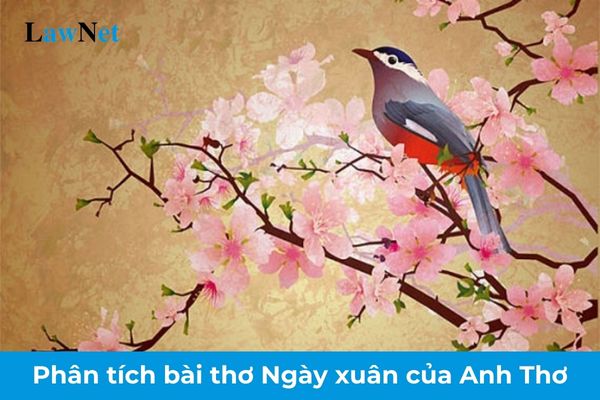
What is the sample analysis of the poem "Ngày xuân" by poet Anh Tho for 9th-grade students in Vietnam? What are the 04 assessment levels of training results of 9th-grade students in the entire school year? (Image from Internet)
What are the 04 assessment levels of training results of 9th-grade students in the entire school year?
Under point b, clause 2, Article 8 Circular 22/2021/TT-BGDDT regulating the assessment levels of training results of lower secondary school students, the 04 assessment levels of training results of 9th-grade students in the entire school year are as follows:
- Excellent: a student is placed in Excellent category in the 2nd semester and in Good category or higher in the 1st semester.
- Good: a student is placed in Good category in the 2nd semester and Qualified category or higher in the 1st semester; or Qualified category in the 2nd semester and Good category in the 1st semester; or Good category in the 2nd semester and Qualified category or Unqualified category in the 1st semester.
- Qualified: a student is placed in Qualified category in the 2nd semester and Good, Qualified, or Unqualified category in the 1st category; or Good category in the 2nd semester and Unqualified in the 1st semester.
- Unqualified: other cases.
Is a 9th-grade student with Unqualified training results for the whole school year in Vietnam recognized as having completed the lower secondary education program?
Under clause 1, Article 12 Circular 22/2021/TT-BGDDT, the conditions for recognition of completion of the lower secondary education program for 9th-grade students are as follows:
Grade advancement, re-assessment during summer break, and grade retention
1. A student who meets following eligibility may advance to the next grade or be recognized as to have completed lower secondary education program or upper education program:
a) Training results of the entire school year (including re-assessment results after training during summer break according to Article 13 hereof) are Qualified or higher.
b) Learning results of the entire school year (including re-assessment results of all subjects according to Article 14 hereof) is Qualified or higher.
c) Number of days leave does not exceed 45 half-days (calculated according to education plans which is 1 half-day for every day under formal education plan, including permitted leave, unpermitted leave, continuous leave, and intermittent leave).
...
Under Article 13, Circular 22/2021/TT-BGDDT regarding training during summer break:
Training during summer break
1. A student with Unqualified training results for the whole school year must undergo training during summer break.
2. Forms of training during summer break shall be decided by principals.
3. Based on forms of training during summer break, class advisors shall assign summer training tasks to students and inform students’ parents. At the end of the summer, if training tasks are considered completed by class advisors (reports on training progress and results must be produced and bear signatures of students' parents), class advisors shall request principals to conduct re-assessment of training results of the entire school year of students. Re-assessment results shall be used in place of training results of the entire school year which are used for considering grade advancement under Article 12 hereof.
Therefore, a student with Unqualified training results for the whole school year in Vietnam will be recognized as having completed the lower secondary education program if the following conditions are met:
- Undergo training during the summer break.
- Have a reassessment result of qualified training results or above to replace the training results of the entire school year.
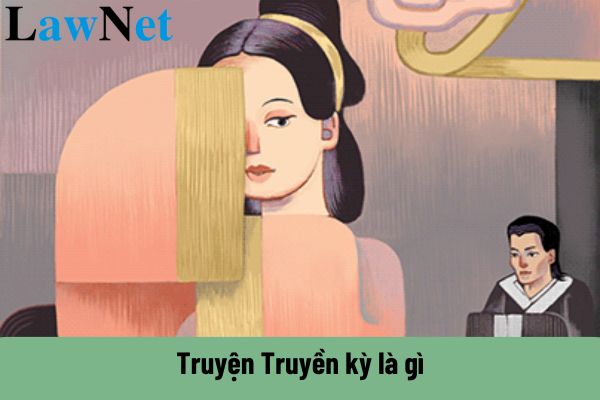


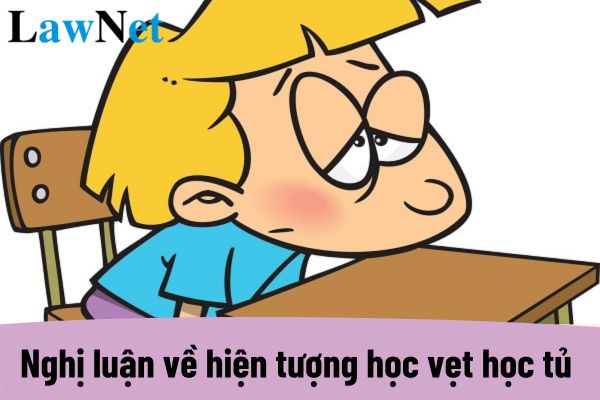

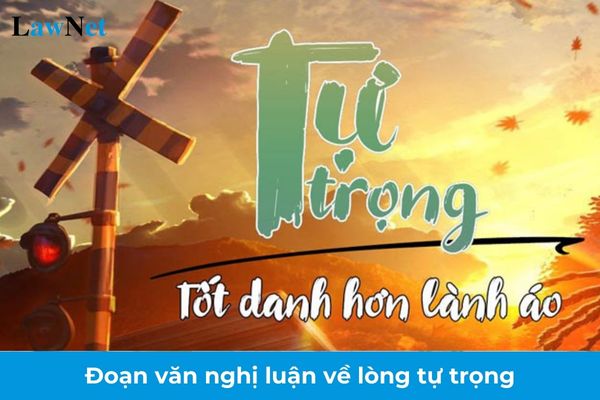
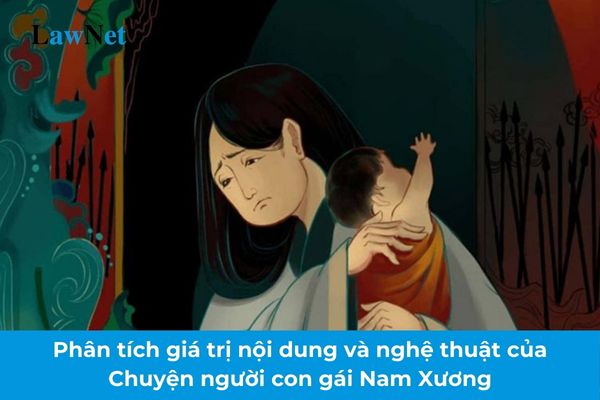
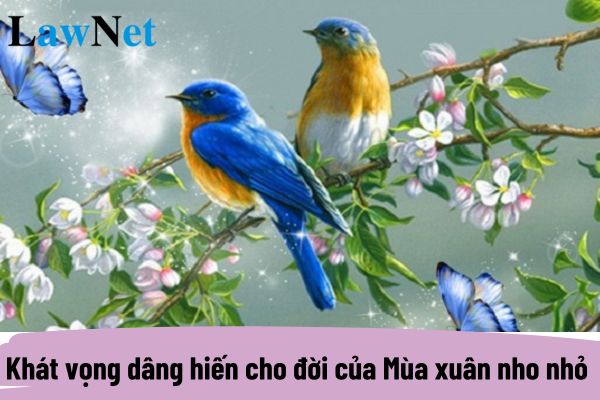


- Which Campaign Ended the Indochina War? Contents Integrating National Defense and Security Education for Primary School Students.
- What are the exercises to identify particles and interjections with answers for 8th-grade students? What Vietnamese knowledge do 8th-grade students learn?
- Vietnam: What are the sample petitions for organizing extracurricular activities for 8th-grade students? What learning outcomes are required for 8th-grade students regarding information texts?
- What are the illustrative Literature question papers in the 10th-grade entrance exam of Ninh Binh province in 2025? What are the expected enrollment methods for 10th grade in 2025?
- Vietnam: What is the collection of high-award handwriting entries? May underage children enter first grade early?
- What are the brief sample paragraphs on thoughts about the work "Cây tre Việt Nam"? What are the requirements for assessment of 6th-grade students?
- Vietnam: What are the sample paragraphs introducing a read story about talented persons for 4th-grade students? How many assessment methods for 4th-grade students are there?
- Vietnam: What is putting ideas in order? What are the guidelines for the identification of putting ideas in order in a literary work? What literary works are compulsory in the General Education Program for Literature?
- What is the complete and detailed review outline of General Law? What is the minimum number of credits for an undergraduate program in Vietnam?
- What are the 02 sets of answers to the Eye Care and Vision Impairment Prevention Contest for Students in 2024 for primary and lower secondary school students in Vietnam?

